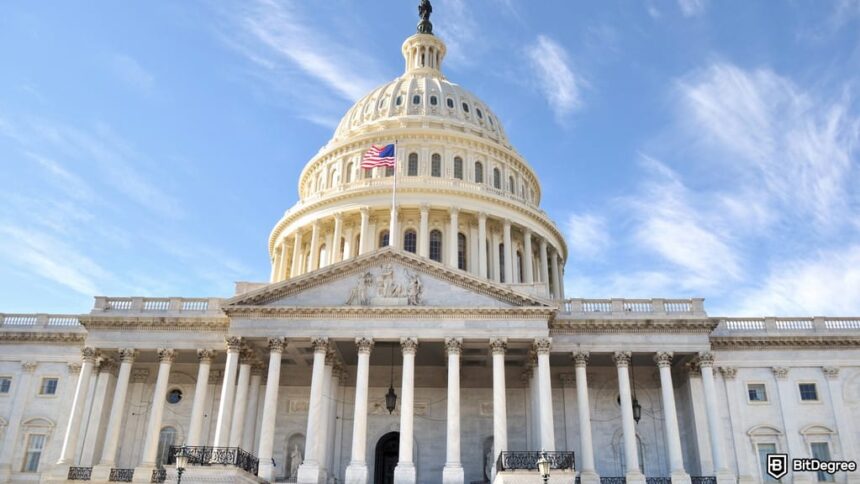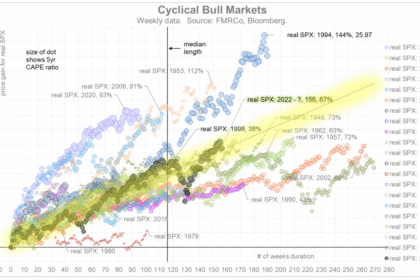The US Senate has moved forward with new rules that would prioritize selling high-end artificial intelligence (AI) and high-performance computing (HPC) chips to American customers before exporting them to other countries.
Lawmakers approved the GAIN Act (Guaranteeing Access and Innovation for National Artificial Intelligence Act of 2026) as an addition to the National Defense Authorization Act (NDAA) on October 9.
If this change becomes law, chipmakers would be required to meet all domestic orders first. Only after those needs are met could they apply for permission to export.

Did you know?
Subscribe – We publish new crypto explainer videos every week!
What is Ethereum & What is it Used For? (Animated Explanation)

Under the GAIN Act, companies seeking to sell chips overseas would need to prove they have fulfilled US orders. Export licenses would be required for any product using an advanced integrated circuit. Congress would also have the authority to block shipments of the most powerful AI chips.
According to a technology policy group, “Americans for Responsible Innovation”, chip demand has outpaced supply for some time. For example, Nvidia’s Blackwell series was fully booked nearly a year in advance by the end of 2024.
The bill’s goal is to prevent similar shortages from impacting US research, industry, and innovation by keeping essential computing tools available at home.
If the law passes, the new restrictions could also affect industries outside AI. Cryptocurrency miners, for example, often rely on powerful chips made in the US. Tighter export rules could make it harder or more expensive for them to get the hardware they need.
On September 18, the governments of the United States and the United Kingdom agreed to collaborate on several emerging technologies. What are they? Read the full story.











